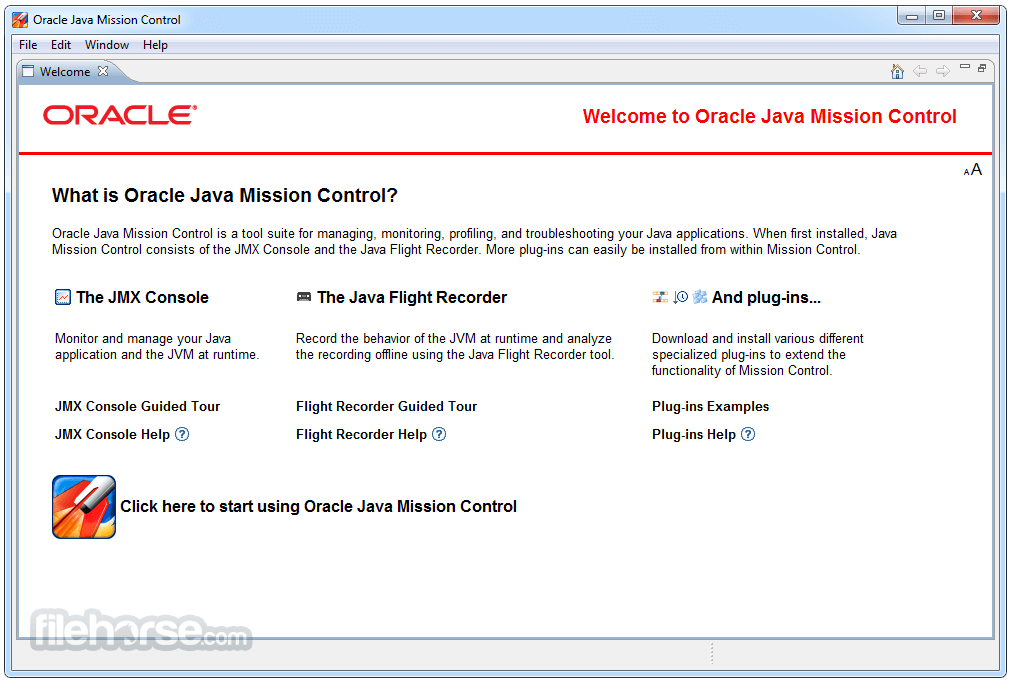
- #OPENJDK 8 DOWNLOAD HOW TO#
- #OPENJDK 8 DOWNLOAD INSTALL#
- #OPENJDK 8 DOWNLOAD DRIVERS#
- #OPENJDK 8 DOWNLOAD UPGRADE#
- #OPENJDK 8 DOWNLOAD PORTABLE#
As of the time of this question, there are no OpenJDK 8 packages in the official Ubuntu repositories for any Ubuntu release.
#OPENJDK 8 DOWNLOAD INSTALL#
To automatically set up the Java 8 environment variables sudo apt-get install oracle-java8-set-default Sudo apt-get install oracle-java8-installer sudo add-apt-repository ppa:webupd8team/java -y Hence the below method no longer works and exists because of historical reasons. More information can be found on PPA's page on Launchpad. Thus this PPA doesn't have any Java files. Note: WebUpd8 team's PPA has been discontinued with effective from April 16, 2019. I recommend you to use Webup8 Oracle Java8 Installer If you really want to use OpenJDK, you have to compile from source. OpenJDK 8 backport for trusty ppa:jochenkemnade/openjdk-8 OpenJDK builds (all archs) ppa:openjdk-r/ppa It accepts an XML schema and generates Java classes.I found two repository but I do not recommend Part of the Java API for XML Binding (JAXB) API.
#OPENJDK 8 DOWNLOAD PORTABLE#
Generates portable JAX-WS artifacts for invoking a web service. Visual tool integrating several command-line JDK tools and lightweight clarification needed] performance and memory profiling capabilities wsimport The policy creation and management tool, which can determine policy for a Java runtime, specifying which permissions are available for code from various sources VisualVM

Tool for manipulating the keystore pack200 Java Virtual Machine statistics monitoring tool (experimental) jstatd Utility which prints Java stack traces of Java threads (experimental) jstat Java Virtual Machine Process Status Tool lists the instrumented HotSpot Java Virtual Machines (JVMs) on the target system. This utility outputs the memory map for Java and can print shared object memory maps or heap memory details of a given process or core dump. This utility gets configuration information from a running Java process or crash dump. Java Heap Analysis Tool (experimental) jinfo Java Monitoring and Management Console jdb The Java Web Start launcher for JNLP applications JConsole The C header and stub generator, used to write native methods javap The jar signing and verification tool javah Tool to package and sign JavaFX applications jarsigner The archiver, which packages related class libraries into a single JAR file. The documentation generator, which automatically generates documentation from source code comments jar The Java compiler, which converts source code into Java bytecode javadoc The old deployment launcher, jre, no longer comes with Sun JDK, and instead it has been replaced by this new java loader. Now a single launcher is used for both development and deployment. This tool is an interpreter and can interpret the class files generated by the javac compiler. Exposes assistive technologies on Microsoft Windows systems. This utility generates Java bindings from a given Java IDL file. This tool can be used to run and debug Java applets without a web browser aptĪ utility which can detect JAR-file conflicts idlj
#OPENJDK 8 DOWNLOAD DRIVERS#
#OPENJDK 8 DOWNLOAD UPGRADE#
#OPENJDK 8 DOWNLOAD HOW TO#



 0 kommentar(er)
0 kommentar(er)
